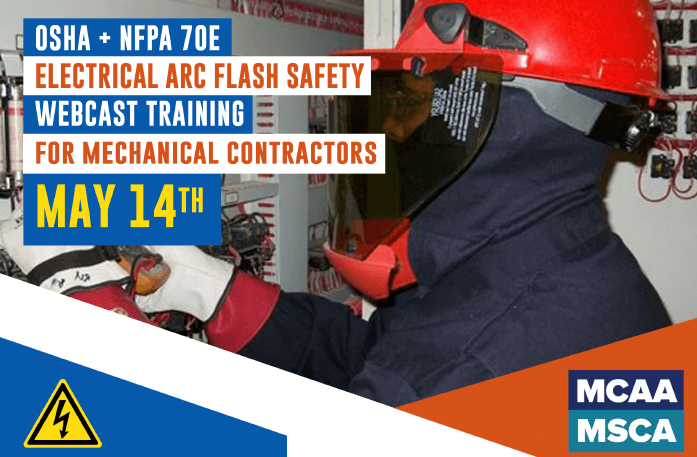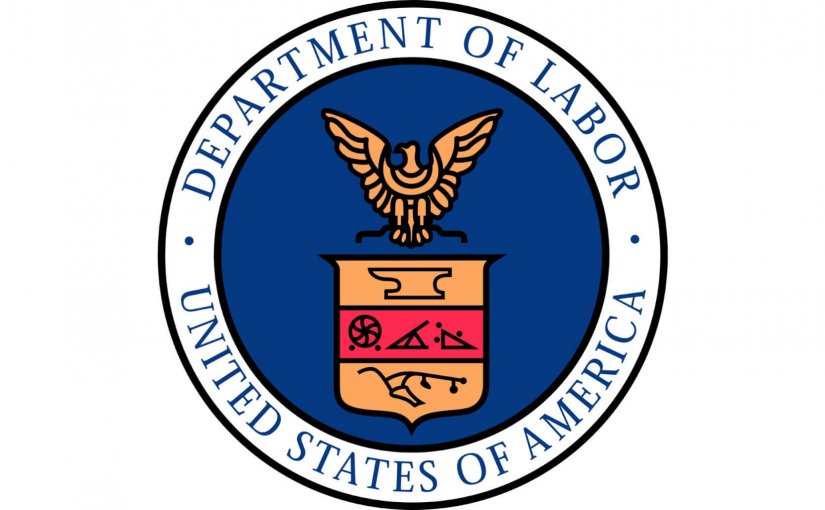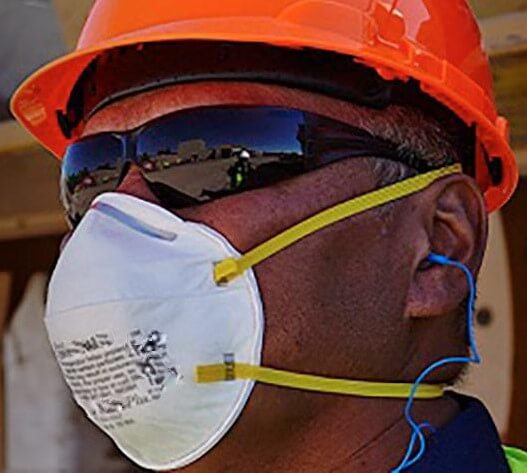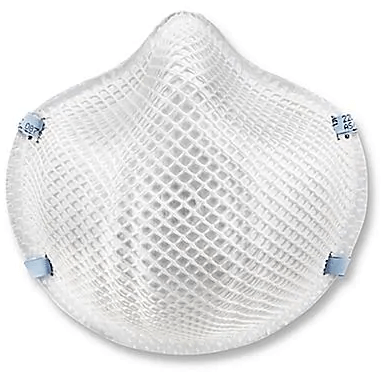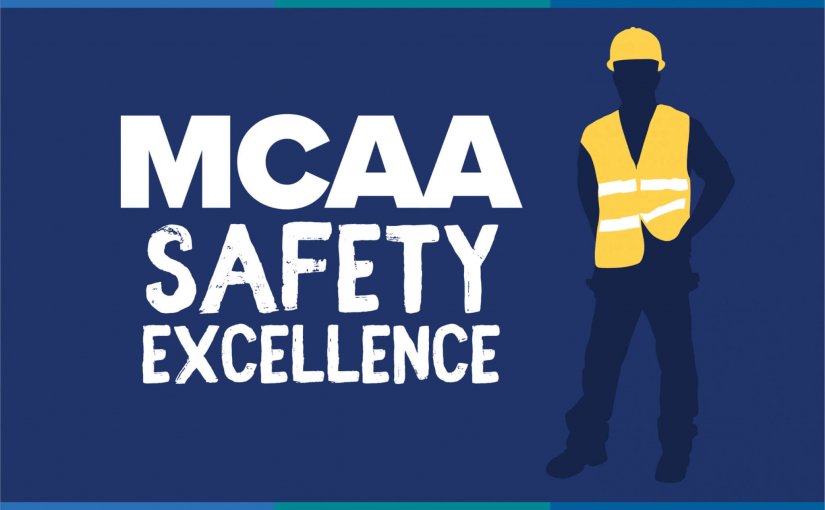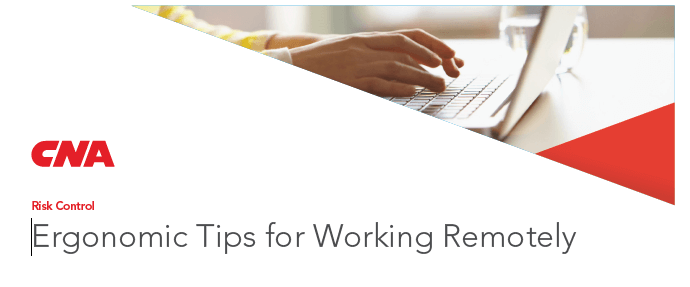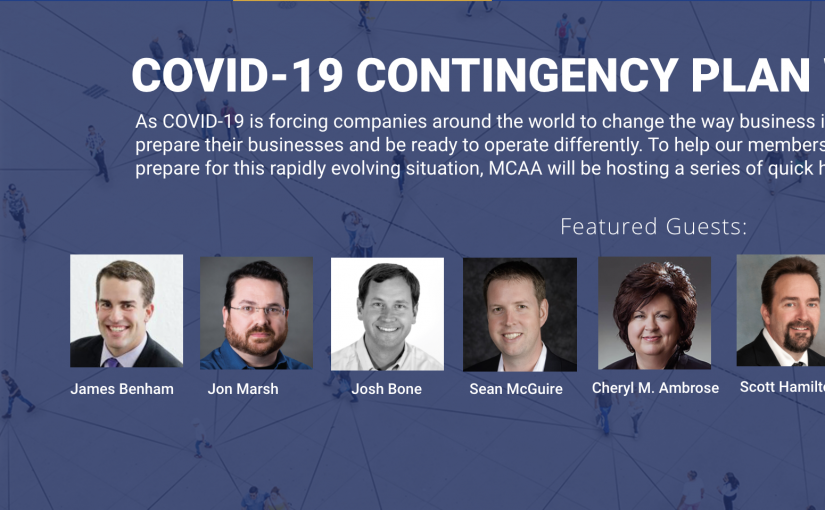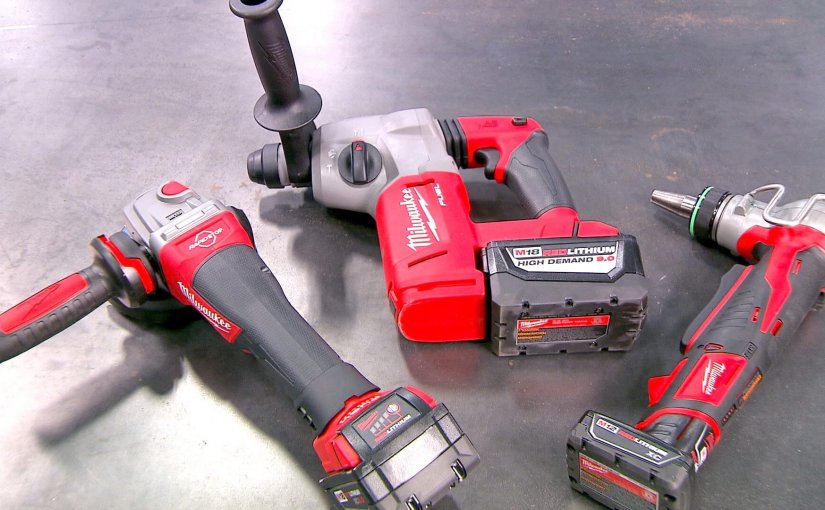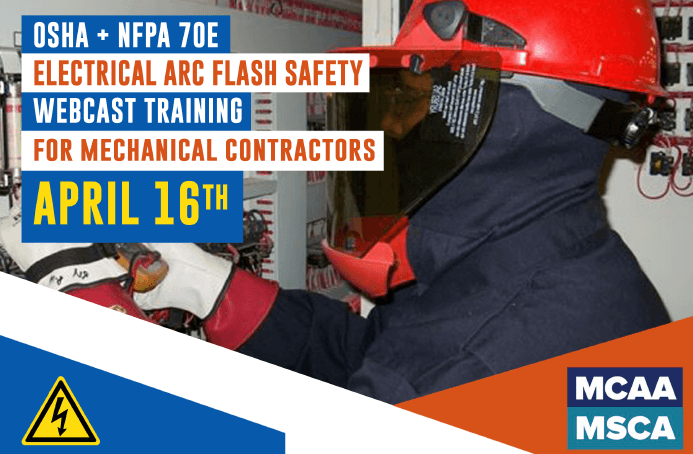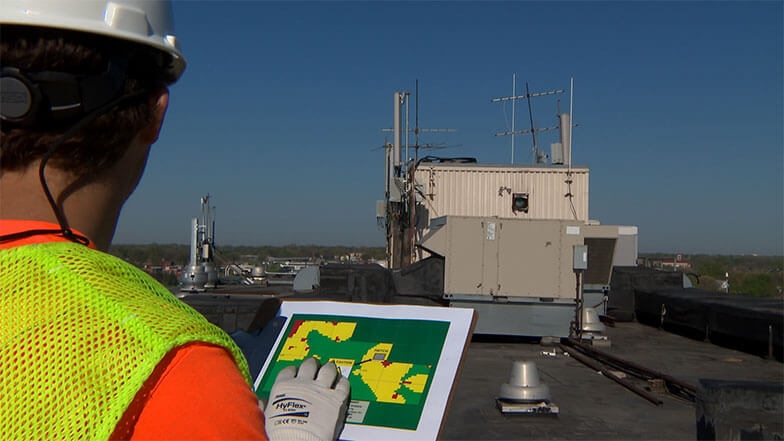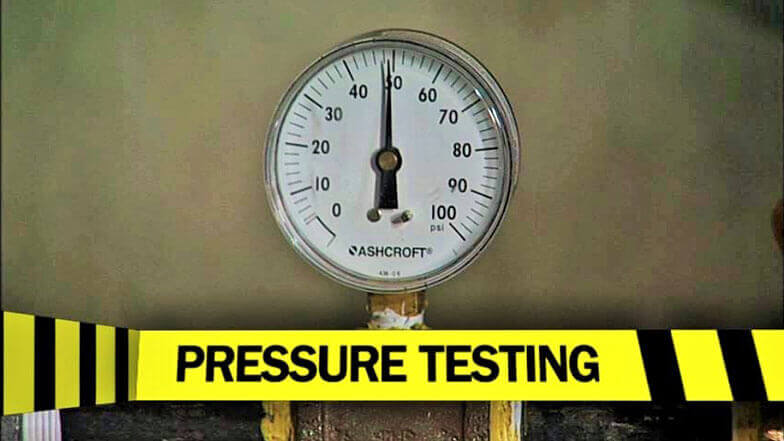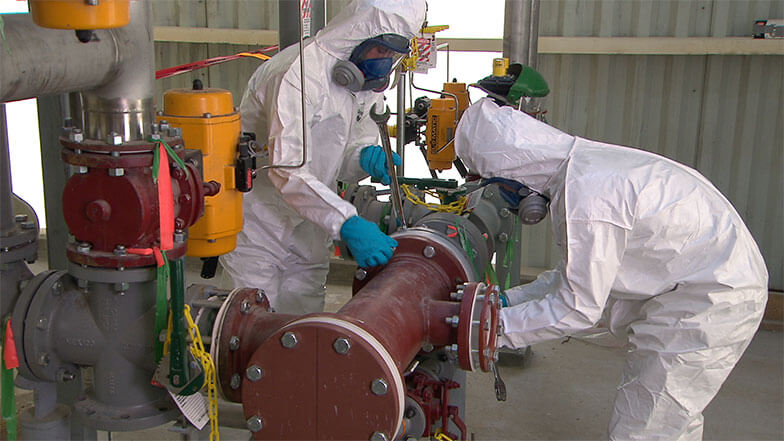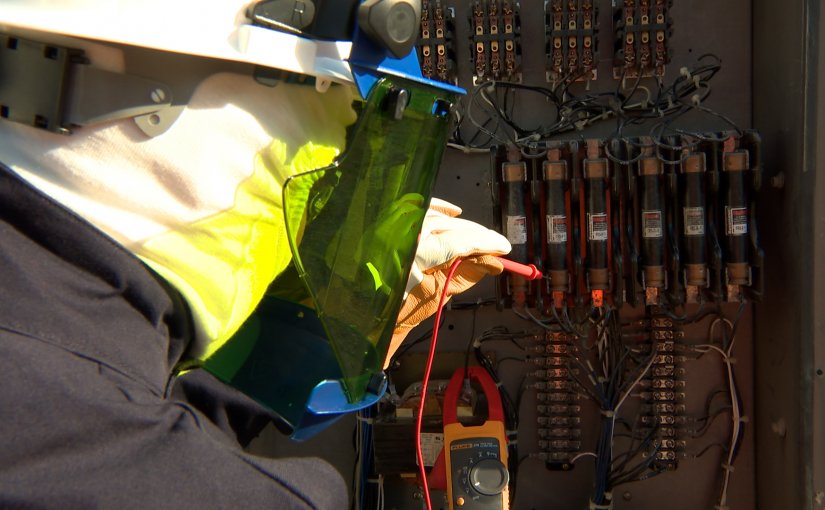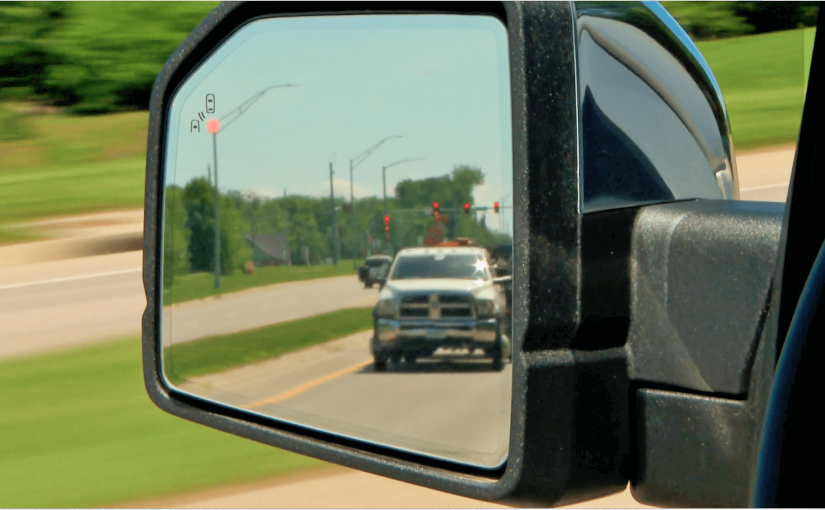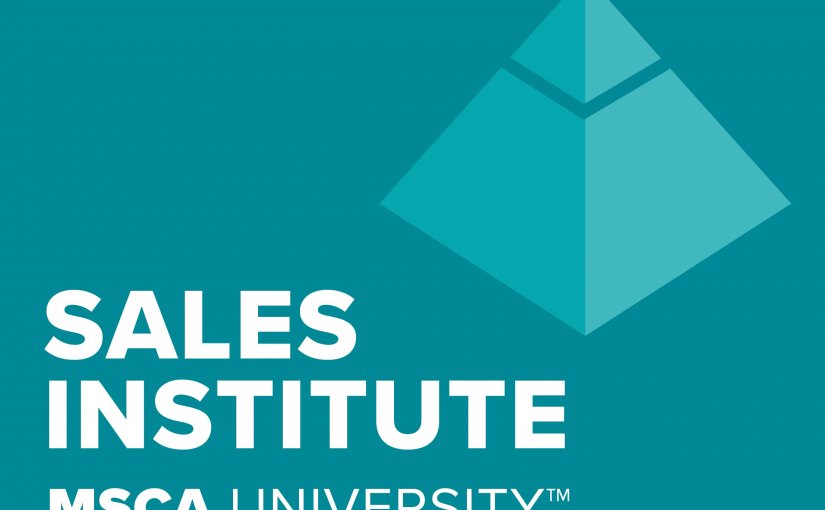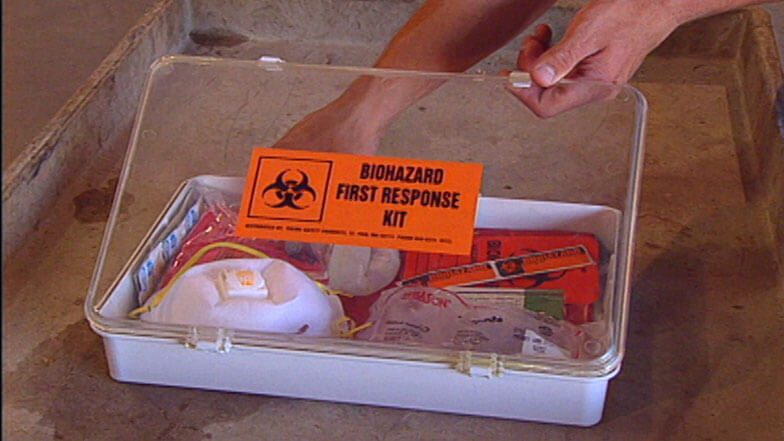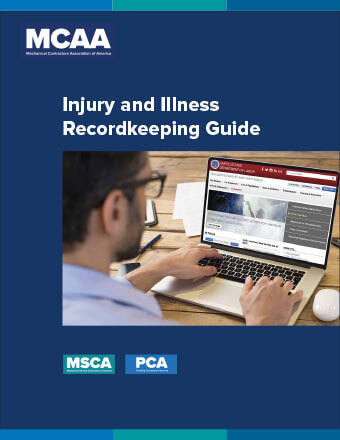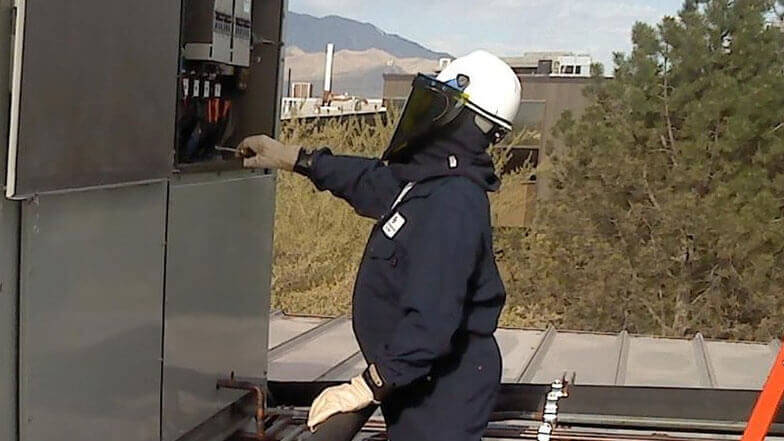Webinar #8: COVID-19 OSHA Enforcement Preparation – Adele Abrams
As positive cases of COVID-19 increase around the nation there is speculation that the Occupational Safety and Health Administration (OSHA) will increase its enforcement efforts. The agency will want to ensure that employers are making a good faith effort to help protect their workers from contracting the virus. California, which is an OSHA state-plan-state, has already started COVID-19 related enforcement actions. OSHA does not have a regulation or standard for COVID-19. However, the agency can cite and fine employers using the Occupational Safety and Health Act of 1970’s general duty clause, and several other generic regulations and standards. The webinar presenter is occupational safety and health attorney, and long-time MCAA friend, Adele Abrams. Adele discusses what’s anticipated, and how to prepare for it, along with the OSHA record-keeping issue involving COVID-19 cases.
Additional Resources:
This webinar was recorded Friday, April 17, 2020.
